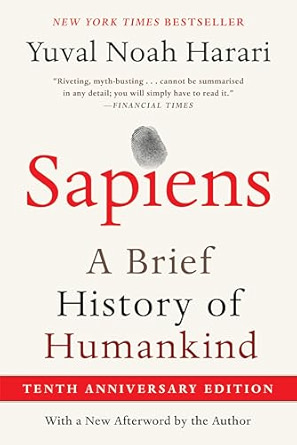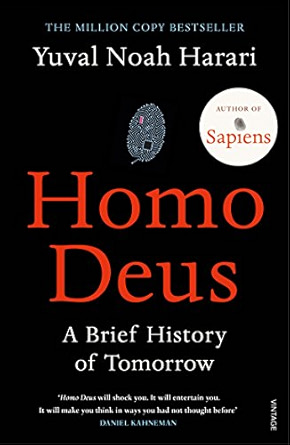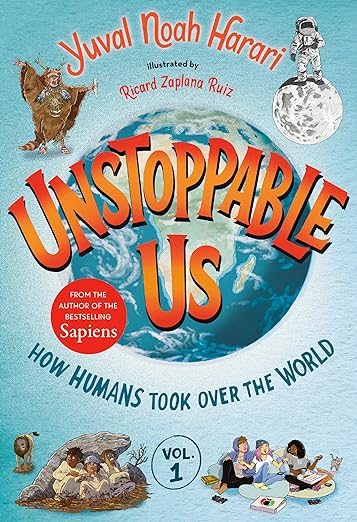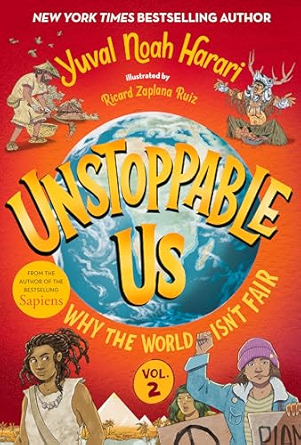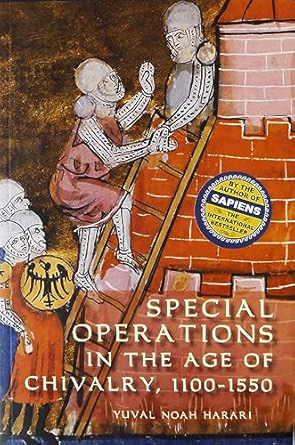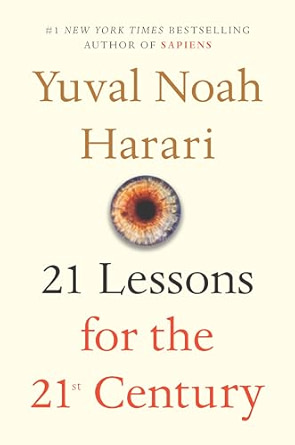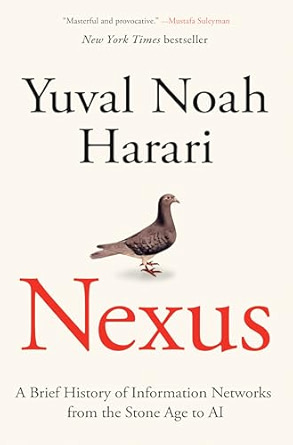Yuval Noah Harari Books in Order
This reading order guide provides the complete list of Yuval Noah Harari books in order, from the very first to the latest, so you won’t miss anything!
Yuval Noah Harari is a fascinating thinker and historian who has captured the attention of readers all around the world. Born on February 24, 1976, in Haifa, Israel, Harari grew up in a unique family that combined Eastern European and Lebanese Jewish roots. This diverse background helped shape his wide-ranging curiosity about humanity and history. From a young age, Harari was deeply interested in understanding how people live and how societies change over time. He studied history at the Hebrew University of Jerusalem between 1993 and 1998, focusing especially on military and medieval history. Later, he earned his PhD at Oxford University in 2002, where he worked under the guidance of the historian Steven J. Gunn. Afterward, he continued his research with a prestigious fellowship, always asking big questions about human existence and the future.
Harari’s work is not just about the past; it’s about understanding how humans became who they are today and where they might be headed next. He explores the connections between biology and history, questioning if humans are truly happier now than in earlier times and wondering if history itself follows a clear path or direction. His approach is wide and thoughtful, mixing science, philosophy, and storytelling. This broad thinking is what makes his books stand out. His bestselling book Sapiens: A Brief History of Humankind first appeared in Hebrew in 2011 and then was published in English in 2014. Since then, it has been translated into over 45 languages and sold more than twelve million copies worldwide. Many famous people, including Bill Gates, Mark Zuckerberg, and Barack Obama, have recommended Sapiens, praising its ability to make complicated history accessible and engaging for everyone.
Beyond writing, Harari shares his knowledge through lectures across the globe, speaking to audiences who want to better understand the story of humankind. His articles have appeared in major newspapers and magazines like The Guardian, The New York Times, and The Economist, showing his commitment to spreading ideas beyond academic circles. He also lives his values personally. For example, he is a vegan, which reflects his concern for animal welfare and the ethical issues he discovered through his own research about the dairy industry and the bond between mother cows and their calves. This shows how his studies influence his lifestyle in real ways.
Another important part of Harari’s life is his dedication to meditation. He started practicing Vipassana meditation in 2000 while at Oxford, and it has deeply transformed him. He meditates for two hours every day, once at the beginning and once at the end of his workday, and spends about a month each year in silent meditation retreats, away from all distractions like social media and books. Harari even helps others learn meditation as an assistant teacher. He credits this practice for giving him the focus, calm, and insight needed to write complex books like Homo Deus: A History of Tomorrow. This book, published in 2017, explores the future possibilities of humanity, asking what might replace the old struggles with war, famine, and disease now that science has made them more manageable. It looks ahead to a world where humans could become like gods, with the power to create life and even overcome death itself. This work won several awards and was recognized internationally for its originality and depth.
Harari’s personal life is also part of his story. He met his husband, Itzik Yahav, in 2002, and calls him his “internet of everything,” as Yahav also manages his personal and professional life. Their marriage took place in Toronto, Canada, in a simple and loving civil ceremony. This supportive partnership is a foundation that allows Harari to focus on his work and ideas.
Overall, Yuval Noah Harari is not just a historian or an author. He is a thinker who encourages us all to question what it means to be human, how we got here, and what the future might hold. Through his clear writing, deep research, and personal dedication, he invites readers on a journey through time and imagination. If you want to understand the big story of humanity, Harari’s books are an excellent place to start. His unique blend of history, science, and philosophy opens new doors to thinking about ourselves and the world we live in, making complex topics easy to grasp for everyone, no matter where you come from or what your background is.
A Brief History Books in Publication Order
Sapiens: A Graphic History Books in Publication Order
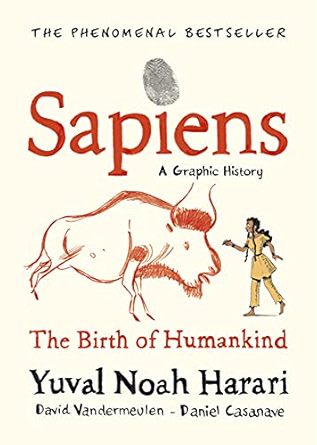
Sapiens, Volume 1: The Birth of Humankind
Yuval Noah Harari (with David Vandermeulen, David Casanave)
2020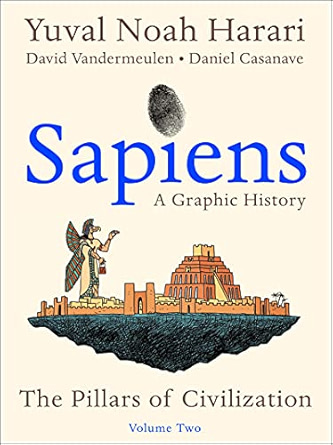
Sapiens, Volume 2: The Pillars of Civilization
Yuval Noah Harari (with David Vandermeulen, David Casanave)
2021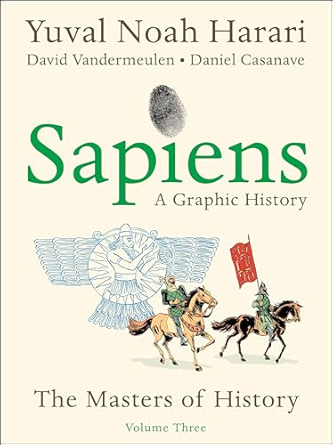
Sapiens: A Graphic History, Volume 3 – The Masters of History
Yuval Noah Harari (with David Vandermeulen, David Casanave)
2024